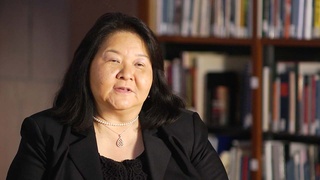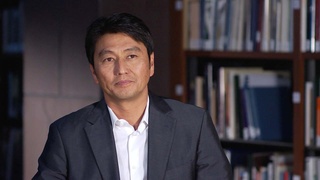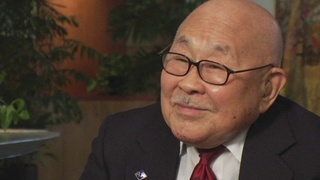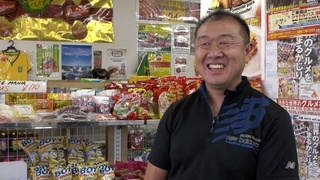Interviews
The importance of knowing the Japanese language (Spanish)
(Spanish) Well, from the beginning I had contact with Latinos ... Well everyone ... At that time there was a lot of work. All were devoted to work, but not this ... to generate knowledge of the Japanese language and Japanese culture. At that time it was not essential. But no one can say that it will last long, right? Well, that was my way of thinking. So I always told them to study the language, at least the basics, because if they are now in a job and when they leave that job, or they get fired, to find another one. Because every year that goes by, they (the jobs) require more of the language. Before it was conversation, but later writing, even if [UI], and then they required to write reports. So every time the language was more demanding. But those who were working for many years felt confident and secure that they were going to continue working right? I*: In that way. In that way. Well, as there were also interpreters…The companies that had many foreigners relied on interpreters. * "I" indicates an interviewer (Alberto Matsumoto).
Date: March 24, 2009
Location: Tokyo, Japan
Interviewer: Alberto Matsumoto
Contributed by: Watase Media Arts Center, Japanese American National Museum







